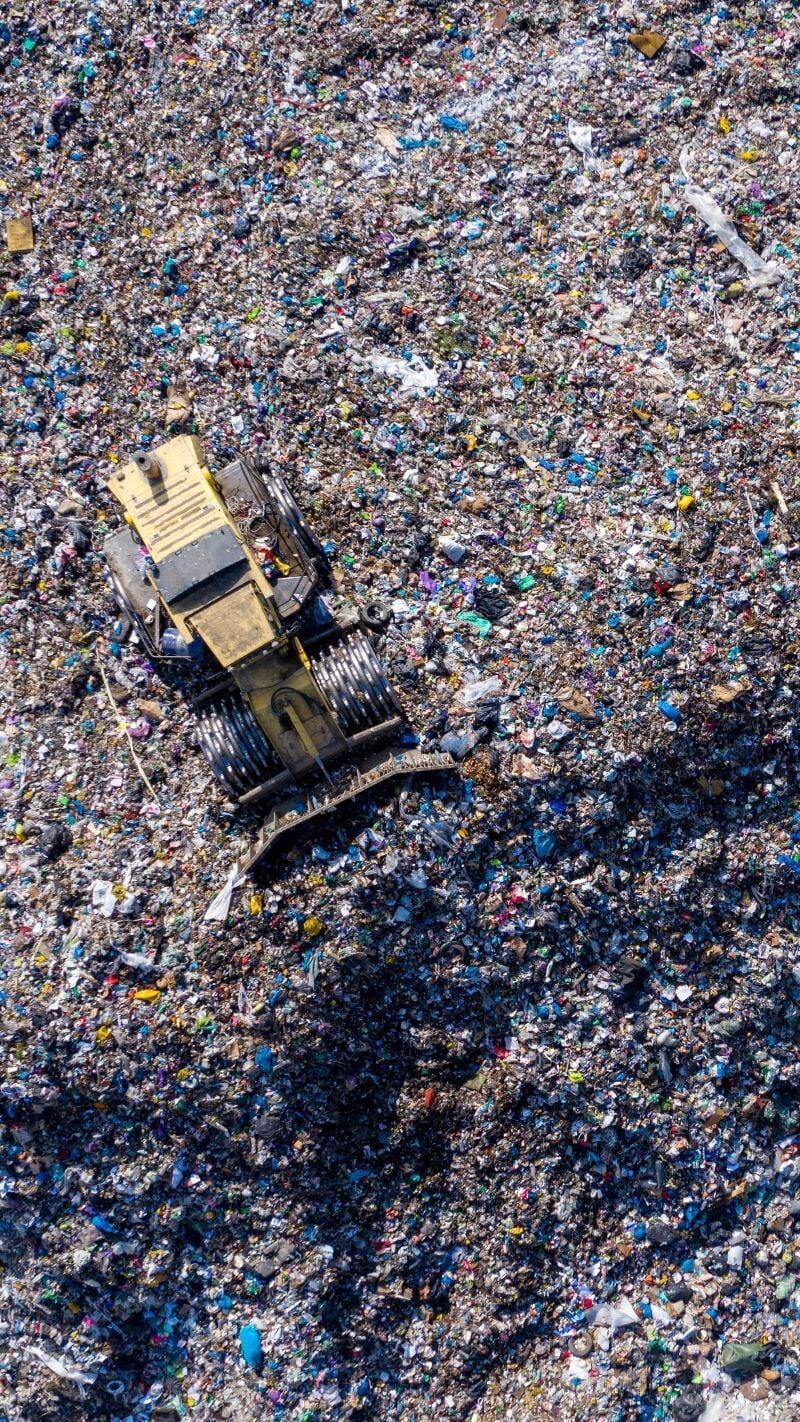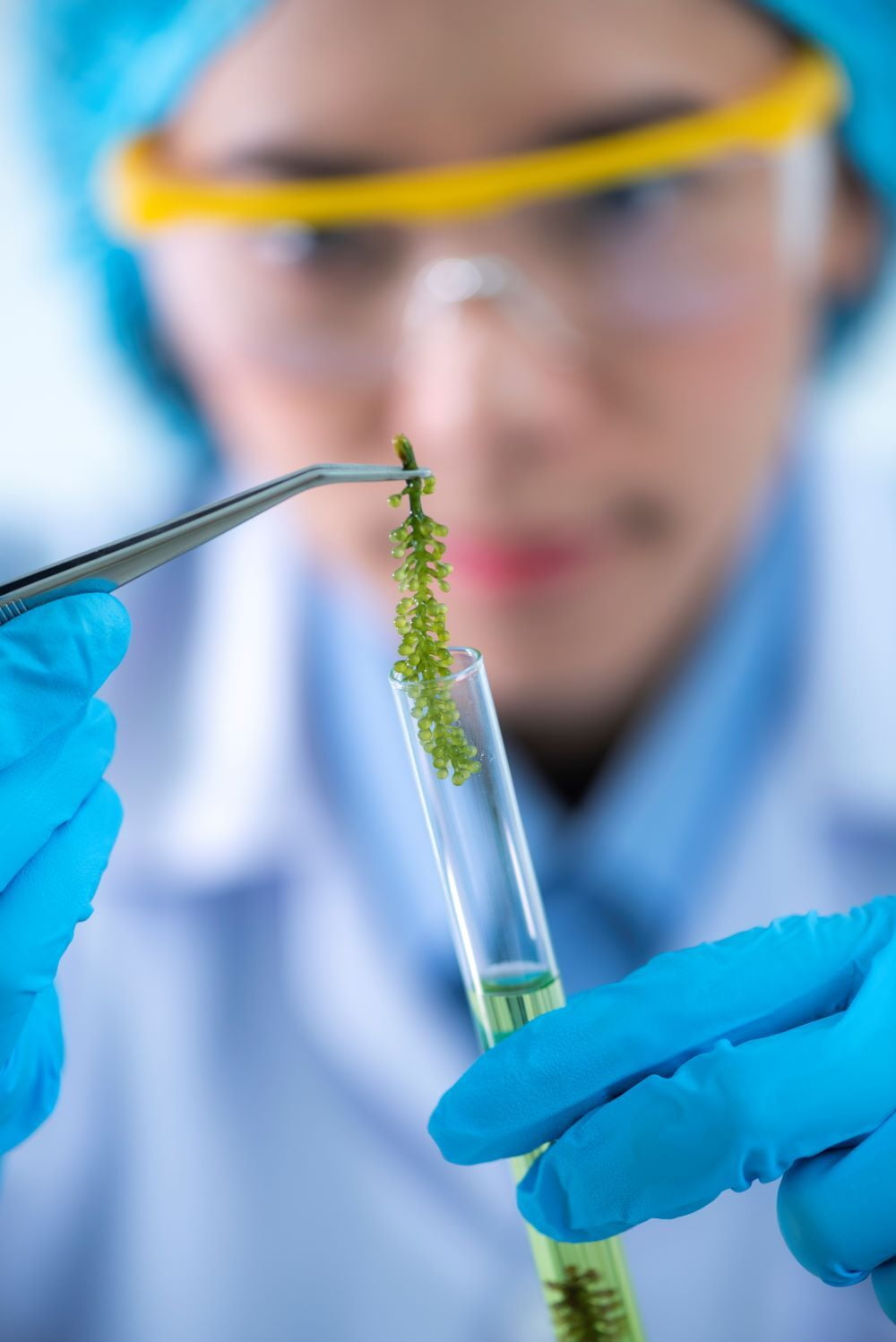Department of Energy - Bioenergy Technologies Office - Funding Opportunities
Objective: BETO is interested in broadening its pool of participants and seeks to fund non-traditional, emerging, and historically underfunded investigators from Minority Serving Institutions. Investigators should not be discouraged from applying if they lack access to facilities or capabilities required to complete their proposed research. MSRDC, together with BETO, may be able to identify and facilitate access to required facilities.
Important Dates:
Date | Activity |
1/26/22 | Open Concept Paper Call & Begin outreach to members |
2/25/22 | Concept Call Closed |
3/9/22 | Notification of applications selected for full proposals |
4/15/22 | Full proposals due |
4/29/22 | Successful applicants notified. |

Focus Area 1
Call for Concept Papers: Advanced Algal Systems
Call for Concept Papers: Advanced Algal Systems
Status: Closed
Algal Strain Development: Research focused on developing foundational knowledge, processes, or tools for strain development. This includes rational strain design, strain improvement pipelines, algae microbiomes, and pest control.
Attached Algae Systems: Research related to the development of attached (periphytic) algae cultivation, such as turf scrubber technology. Research proposals may address enhancing the impact of these systems or utilizing them to reduce the need for exogenous nutrients for algal growth. Projects may include comprehensive characterization of systems for growing algae acceptable to produce fuels and products.
Algae Cultivation: Research related to developing (1) resource recycling in algal systems focused on the economics of cultivation operation (2) production modeling approaches with emphasis on nutrient utilization efficiency, media formulation, and recyclability to cultivation.
Budget and Project Period: BETO intends to commit up to $400,000 to fund 1-2 projects for a period of 12-24 months.
Institutional Eligibility: Investigators from MSRDC member institutions. Member PIs may propose to partner with non-MSIs and small business partners.
Interested investigators should submit a concept paper with a high-level description of the proposed research using the template HERE.
Additional questions should be directed to: [email protected]

Focus Area 2
Call for Concept Papers: Advanced Terrestrial waste feedstock technologies
Focus Area 2
Call for Concept Papers: Advanced Terrestrial waste feedstock technologies
Status: Closed
Under this award BETO seeks to fund research project(s) aimed developing strategies and technologies that convert municipal solid waste and other potential waste resources into low-carbon biofuels and bioproducts. Waste types may include nonrecycled paper, plastic, rubber and leather, textiles, woody residues, food waste, and yard waste.
Responsive applications will focus on research related to:
Waste feedstock supply chains: Research focused on understanding techno-economic and social, and environmental factors influencing the sustainability of waste feedstock supply chains for bioenergy technology development.
Waste stream pre-processing: Research focused on production of conversion-ready feedstocks, as well as developing foundational knowledge regarding waste feedstock behavior, energy density, and conversion performance. Technologies aimed at improving the quality and lower the variability of potential feedstocks, and or estimates of blending approaches to pre-processing.
Budget and Project Period: BETO intends to commit up to $480,000 to fund 1-2 projects for a period of 12-24 months.
Institutional Eligibility: All MSRDC member institutions, partnering academic institutions, and small business partners.
Interested investigators should submit a concept paper detailing with a high-level description of the proposed research using the template HERE.
Additional questions should be directed to: [email protected]

Focus Area 3
Call for Concept Papers: Accelerating catalyst development for biofuel production
Focus Area 3
Call for Concept Papers: Accelerating catalyst development for biofuel production
Status: Closed
The Chemical Catalysis for Bioenergy Consortium (ChemCatBio) is focused on accelerating the development of catalytic technologies for converting biomass and waste resources into fuels and chemicals with a lower carbon footprint. The consortium of National Laboratory researchers is focused on catalytic technologies and a portfolio of projects that include Catalytic Upgrading of Biochemical Intermediates (CUBI), Upgrading of C1 Building Blocks, Upgrading of C2 Intermediates, and Catalytic Upgrading of Pyrolysis Products. Additionally, ChemCatBio includes enabling capabilities that support development of the related catalytic technologies as well as developing tools and methods that provide fundamental insight into catalytic materials and processes.
Under this call BETO aims to fund high-impact technology development for catalytic conversion technologies with emphasis on liquid transportation fuels, such as sustainable aviation fuel, diesel and marine fuels, their co-products, or intermediaries. Proposals are sought that will investigate new or existing catalytic technology pathways within the ChemCatBio for upgrading bio-derived intermediates or model compounds to fuels and co-products. Proposals should target specific areas within the ChemCatBio technologies such as Catalytic upgrading of Biochemical Process Intermediates, Upgrading of C1 building blocks, Upgrading of C2 intermediates, and Catalytic Upgrading of Pyrolysis Products where the applicants can work to solve challenges to further de-risk these technologies. It is not intended that the National Laboratories are eligible for funding under this call, however, coordination with researchers within ChemCatBio is encouraged. Responsive applications will focus on research related to the following areas:
Impacts of Inorganics and Carbon Deposition on Catalyst Stability and Durability: Research focused on understanding the impact of inorganic contaminants on metal/metal oxide catalysts through catalyst characterization and kinetic measurements using model reactions and real bio-derived feedstocks. Additional research is needed on characterizing carbon/coke/char by-products of catalytic reactions and the associated evolution of catalyst and carbon during oxidation/regeneration processes.
Predictive Tools and Data Science for Accelerated Catalyst Development: Research focused on developing digital tools and processes that can fill data gaps in catalyst development activities. This includes catalyst properties, kinetics, fuel characterization and novel data science applications such as machine learning (ML) supported with robust experimental data sets. Other areas of interest are application of Density Functional Theory (DFT) calculations to provide understanding of reaction mechanisms at the site level to design better catalysts. Development of multi-scale modeling approaches to upscale catalyst that will accelerate reactor-scale progress towards technology deployment is also desired.
Valorizing Light Oxygenate Byproducts by Promoting Carbon-Coupling Reactions: Valorizing light oxygenated compounds found in the non-condensed vapor streams of typical catalytic routes that utilize biomass can improve the overall carbon efficiency to liquid fuels via carbon-carbon coupling. Areas of interest include assessing reactivity associated with increasing carbon chain length of light oxygenates and relevant mixtures, stability testing and the development of reaction rate expressions.
Kinetic and Mechanistic Studies of Multifunctional Catalysts: Designing multifunctional catalysts for efficient control of reaction products introduces additional levels of complexity, including choice about the type, concentration/surface densities, and spatial orientations of cooperating catalytic active sites. Detailed kinetic and mechanistic studies are needed to better understand side reactions and the corresponding active sites on the multifunctional catalysts. Research could include study of cascading reactions, atomic level structure-activity correlation by combining controlled catalyst synthesis, rigorous kinetic measurement, and detailed characterization, such as in situ spectroscopy.
Budget and Project Period: BETO intends to commit up to $500,000 to fund 1-2 projects for a period of 12-24 months.
Institutional Eligibility: All MSRDC member institutions, partnering academic institutions, and small business partners.
Interested investigators should submit a concept paper detailing with a high-level description of the proposed research using the template HERE.
Additional questions should be directed to: [email protected]
Additional information on the ChemCatBio can be found here: https://www.chemcatbio.org/about.html
